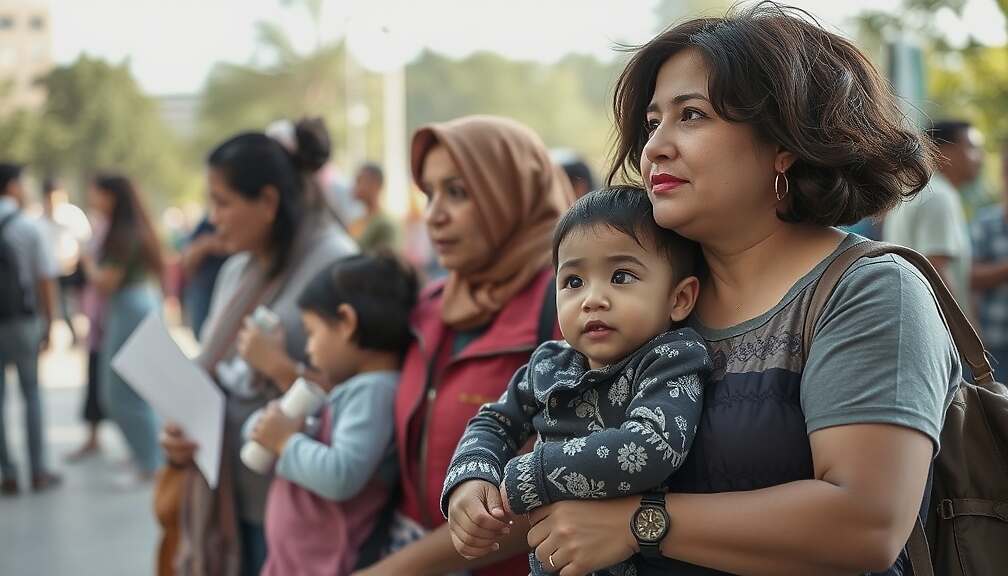A recent study commissioned by the Federal Ministry for Family Affairs has exposed a persistent and concerning disparity in perceived economic independence between mothers and fathers in Germany. The findings, published Friday by “Süddeutsche Zeitung”, highlight a significant gap, particularly acute between the ages of 30 and 39, raising critical questions about the effectiveness of current policies aimed at achieving gender equality.
The study reveals a stark reality: only 34% of women report feeling economically independent, compared to 43% of men. While the declared ambition of economic parity resonates within government circles, the data suggests a gulf remains between rhetoric and lived experience.
The impact of family formation amplifies this imbalance. While men’s perception of economic independence remains largely unaffected by having children, women experience a marked decline. Remarkably, only 28% of mothers with children under the age of six describe themselves as economically independent, with a staggering 61% reporting financial dependence on their partners. The implications for women’s agency and long-term financial security are considerable.
Furthermore, the report underscores the systemic barriers preventing women’s full participation in the workforce. A substantial 22% of parents expressed a desire to increase their working hours, citing a critical lack of accessible and affordable childcare options as the primary obstacle. Among women working part-time, a further 28% voiced similar aspirations, directly hampered by institutional limitations. This inability to fully engage in paid work not only impacts individuals but also represents a significant loss of economic potential for the nation.
Federal Minister for Family Affairs, Karin Prien, acknowledged that “economic equality is a clear constitutional mandate” emphasizing that it’s “the basis for strong families – because two economically independent partners are always stronger than one”. However, critics argue that pronouncements alone are insufficient. The study’s findings suggest the need for a more robust and targeted approach, including substantial investment in early childhood education and a critical re-evaluation of policies surrounding parental leave and flexible working arrangements. The persistence of this inequality raises serious questions about whether current government strategies are genuinely prioritizing women’s financial empowerment and contributing to a truly equitable society.












